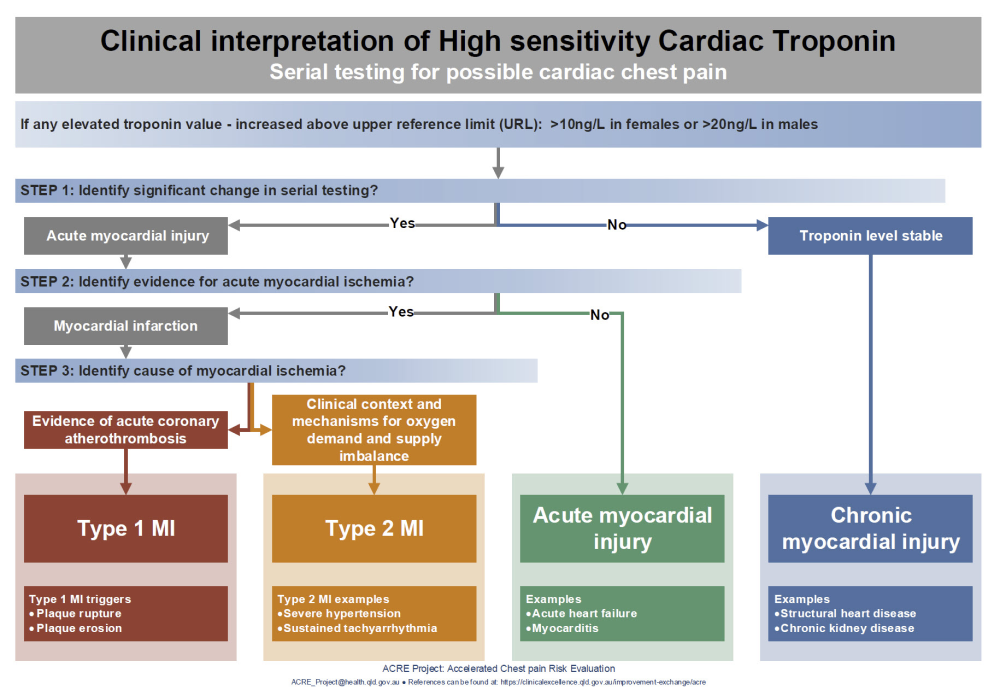Authors: Nikolaos Papageorgiou,a,bCatrin Sohrabi,aDavid Prieto Merino,c,dAngelos Tyrlis,aAbed Elfattah Atieh,aBunny Saberwal,aWei-Yao Lim,aAntonio Creta,aMohammed Khanji,aReni Rusinova,aBashistraj Chooneea,aRaj Khiani,d,eNadeev Wijesuriya,e,fAnna Chow,e,fHaroun Butt,e,fStefan Browne,e,fNikhil Joshi,e,fJamie Kay,e,fSyed Ahsan,a and Rui Providenciaa,g
Abstract
Background
Recent reports have demonstrated high troponin levels in patients affected with COVID-19. In the present study, we aimed to determine the association between admission and peak troponin levels and COVID-19 outcomes.
Methods
This was an observational multi-ethnic multi-centre study in a UK cohort of 434 patients admitted and diagnosed COVID-19 positive, across six hospitals in London, UK during the second half of March 2020.
Results
Myocardial injury, defined as positive troponin during admission was observed in 288 (66.4%) patients. Age (OR: 1.68 [1.49–1.88], p < .001), hypertension (OR: 1.81 [1.10–2.99], p = .020) and moderate chronic kidney disease (OR: 9.12 [95% CI: 4.24–19.64], p < .001) independently predicted myocardial injury. After adjustment, patients with positive peak troponin were more likely to need non-invasive and mechanical ventilation (OR: 2.40 [95% CI: 1.27–4.56], p = .007, and OR: 6.81 [95% CI: 3.40–13.62], p < .001, respectively) and urgent renal replacement therapy (OR: 4.14 [95% CI: 1.34–12.78], p = .013). With regards to events, and after adjustment, positive peak troponin levels were independently associated with acute kidney injury (OR: 6.76 [95% CI: 3.40–13.47], p < .001), venous thromboembolism (OR: 11.99 [95% CI: 3.20–44.88], p < .001), development of atrial fibrillation (OR: 10.66 [95% CI: 1.33–85.32], p = .026) and death during admission (OR: 2.40 [95% CI: 1.34–4.29], p = .003). Similar associations were observed for admission troponin. In addition, median length of stay in days was shorter for patients with negative troponin levels: 8 (5–13) negative, 14 (7–23) low-positive levels and 16 (10–23) high-positive (p < .001).
Conclusions
Admission and peak troponin appear to be predictors for cardiovascular and non-cardiovascular events and outcomes in COVID-19 patients, and their utilization may have an impact on patient management.
For More Information: https://www.ncbi.nlm.nih.gov/pmc/articles/PMC7970632/
